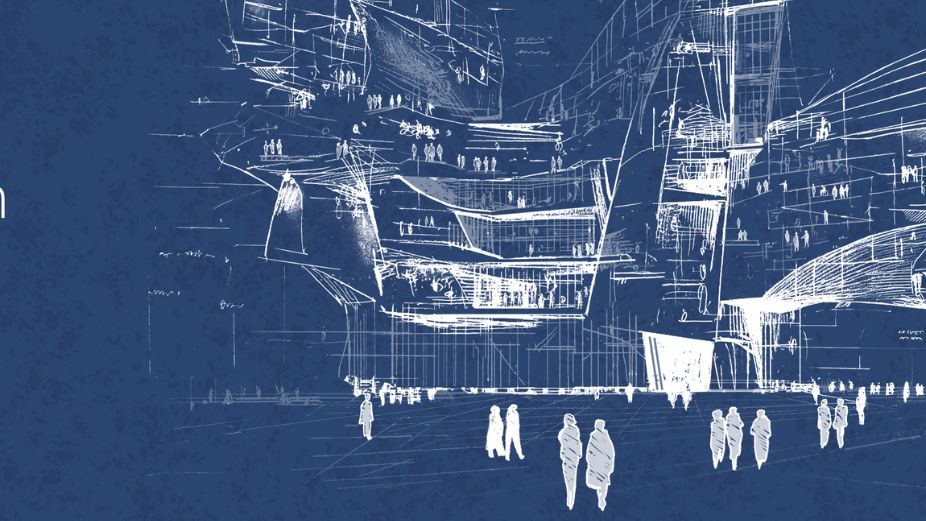
A global transformation is underway in how companies structure work, manage teams, and scale their operations. According to the 2025 Work Trend Index released by Microsoft, this year marks the rise of what the report calls the “Frontier Firm”, an organisation designed to operate at the edge of productivity and agility by combining new systems of work with faster decision-making and leaner teams.
The report, based on a survey of over 31,000 workers in 31 countries, highlights an increasingly urgent need for companies to bridge what it terms the “capacity gap”, a mismatch between rising business demands and what current teams are able to sustainably deliver. In fact, 53 percent of global leaders say productivity needs to increase, while 80 percent of workers admit they do not have enough time or energy to get through their workday.
While much of the report’s focus is on advanced markets, the implications are relevant for the Maldives too. Many local businesses are already grappling with challenges like managing cross-functional teams with limited resources, recruitment difficulties in specialised roles, and rising operational costs. In this context, the concept of the Frontier Firm, leaner, faster, and more adaptable, offers a glimpse of how Maldivian companies might need to evolve to remain competitive.
Rather than being structured rigidly by departments, Frontier Firms organise around outcomes, forming dynamic project-based teams that come together to solve specific problems. This model could be especially useful for small to medium-sized enterprises in the Maldives, which often operate with compact teams and need to maximise the contribution of each staff member.
Interestingly, the report also notes a shift in how people approach work: 48 percent of employees say their work feels chaotic and fragmented, while 60 percent of meetings globally are now ad hoc. In the Maldivian context, where limited digital infrastructure, and heavy multitasking are already common, these global findings mirror existing realities.
The report also flags a trend toward roles becoming more fluid, with people working across domains rather than within rigid job descriptions. In a country where businesses often rely on generalists due to the small size of the local talent pool, this shift may not be new. But what is different is that globally, companies are now building systems around this flexibility rather than treating it as a workaround.
As Maldivian organisations begin to adopt digital tools more deeply and rethink how teams operate, particularly in sectors like tourism, logistics, professional services, and construction, there is a window of opportunity to proactively adopt some of these emerging practices. That includes flattening hierarchies, clarifying outcome-based roles, and giving employees more autonomy to manage projects from start to finish.
The path ahead will not be the same for every business. But the Work Trend Index makes one thing clear: the companies that act now to rethink their structure, capacity, and work culture are the ones that will be best prepared for the next wave of economic change.












